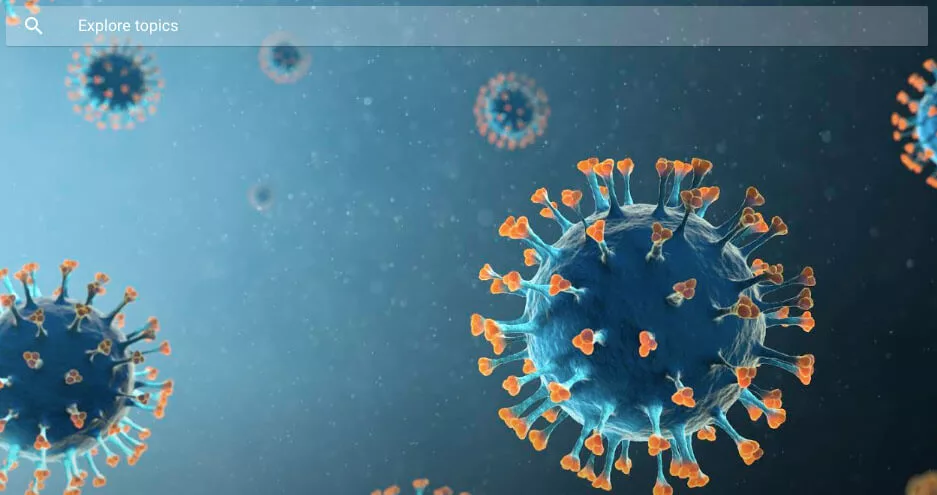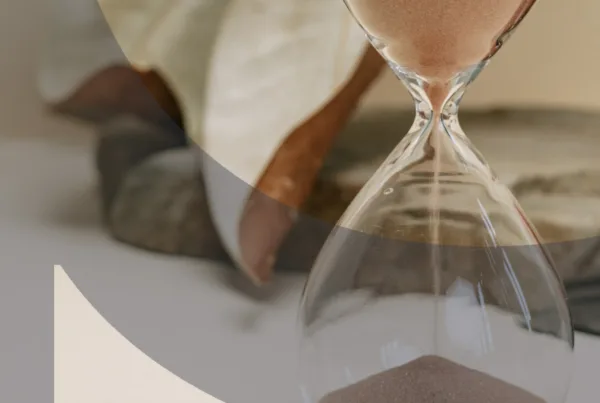By Samantha Brustin
The coronavirus pandemic will no doubt define the entire year of 2020. As we continue to see the outbreak spread and how governments and businesses adapt and respond to COVID-19, we’ve seen changes in every aspect of our daily lives. Even on Google, we’ve seen large shifts in the way people search during this crisis. Advertisers know all too well that COVID-19 has impacted many industries and their PPC campaigns, but understanding how to adjust to the rapidly changing trends can help keep campaigns and businesses agile during this uncertain time.
COVID-19 related searches surge on Google
As the coronavirus pandemic dominates our concerns, news, politics, and economy, it’s dominating our Google searches as well. In fact, today, COVID-19 related searches are now the most popular searches on Google, far exceeding searches about other news, weather, politics, Google, Facebook, or Amazon.
In response to the surging trend in new searches, Google has released a Google Trends Coronavirus Hub to help track emerging searches, as well as other breakout searches that users are taking as they respond to developing news in the world. Advertisers should review these search trends regularly and be prepared to add new negative keywords to their campaigns to prevent wasting dwindling budgets.
COVID-19 searches spike early in the morning and late at night
Understandably, the pandemic is top of mind for most of us. But for those of us fortunate enough to not be actively fighting the disease on the frontlines, we get creative about finding ways to distract ourselves throughout the day and continue our lives in some sort of normalcy. Still, Google’s trends reveal that the coronavirus is often on our minds, but especially when we first wake up and before we go to bed.
There’s some variance throughout the day, such as around 6 p.m. and during press briefings, but it’s interesting to see these peaks so early and late in the day. It’s an uncommon trend—you usually see searches peak during mid-day working hours and after dinner, but coronavirus searches buck that trend and peak when many traditional searches would slow down. This means advertisers need to adjust their accounts, accordingly.
Changes to search volume means changes to ad impressions
As many of us shelter in place or commute less during the pandemic, we’re staying up and online later than we normally would. That, coupled with this unusual late night COVID-19 search habit, has fundamentally changed as we’re searching online. Even in industries not immediately impacted by coronavirus-related searches, we’re still seeing large spikes in late night searches and ad impressions in their PPC campaigns.
Many advertisers have been noticing less search interest for their products throughout March due to COVID-19, which are felt the hardest during peak hours. Later in the evening, though, that impact is much less noticeable and search volume has even increased by about 15% after midnight.
The impact on PPC campaigns
At first glance, that increase in search volume late at night might look like a relief to advertisers—but be careful. Many advertisers traditionally note between 10-25% lower conversion rates from their ads during these times.
Unfortunately, these typical nightly dips in conversion rates are exacerbated with current search trends during the pandemic. These late-night searchers are not just tired, but the bad news from their nightly coronavirus searches is more than likely hurting their psyche. These searches have much lower conversion rates than they normally would. In the evening hours, coinciding with the peak search volume for COVID-19, advertisers have noted a 30% lower conversion rate than they typically would expect at night.
Here’s what you can do:
These unprecedented times have us all feeling anxious, and our feelings certainly change throughout the day. Your paid search campaigns can take this into account. Here’s what you can do to address these current challenges in your PPC campaigns:
1. Revisit your campaigns’ ad schedule performance
You can easily track your own campaigns performance by day of the week, and hour of the day, within Google Ads. Simply click “Segment,” then “Time” within Google Ads. Even if you reviewed this recently, the performance has likely changed in March due to the outbreak of COVID-19.
2. Consider new day “dayparting” strategies
Dayparting is the practice of having your ad campaigns displayed only at certain times of day. The idea behind departing is to maximize the visibility and results of your ads. If your target audience is most likely to click and /or purchase between 3 p.m. and 8 p.m., for example, showing your ads only during that time could help improve your CTR. Those new searches between midnight and 4 a.m. will exhaust your daily budget even faster and likely won’t convert as well. To make the most of your limited daily budget, consider new dayparting strategies by bidding down on these off-hours or even having your campaigns run only during profitable times.
3. Try smart bidding
Coronavirus is going to present us with new business and paid search challenges in the coming months. As these trends and others emerge, it will be difficult to adjust campaigns on a dime. Smart Bidding is a subset of automated bid strategies that use machine learning to optimize for conversions. Google’s Smart Bidding strategies may help advertisers by digesting changing data and adjusting their CPC bids in real time to match their goals.






